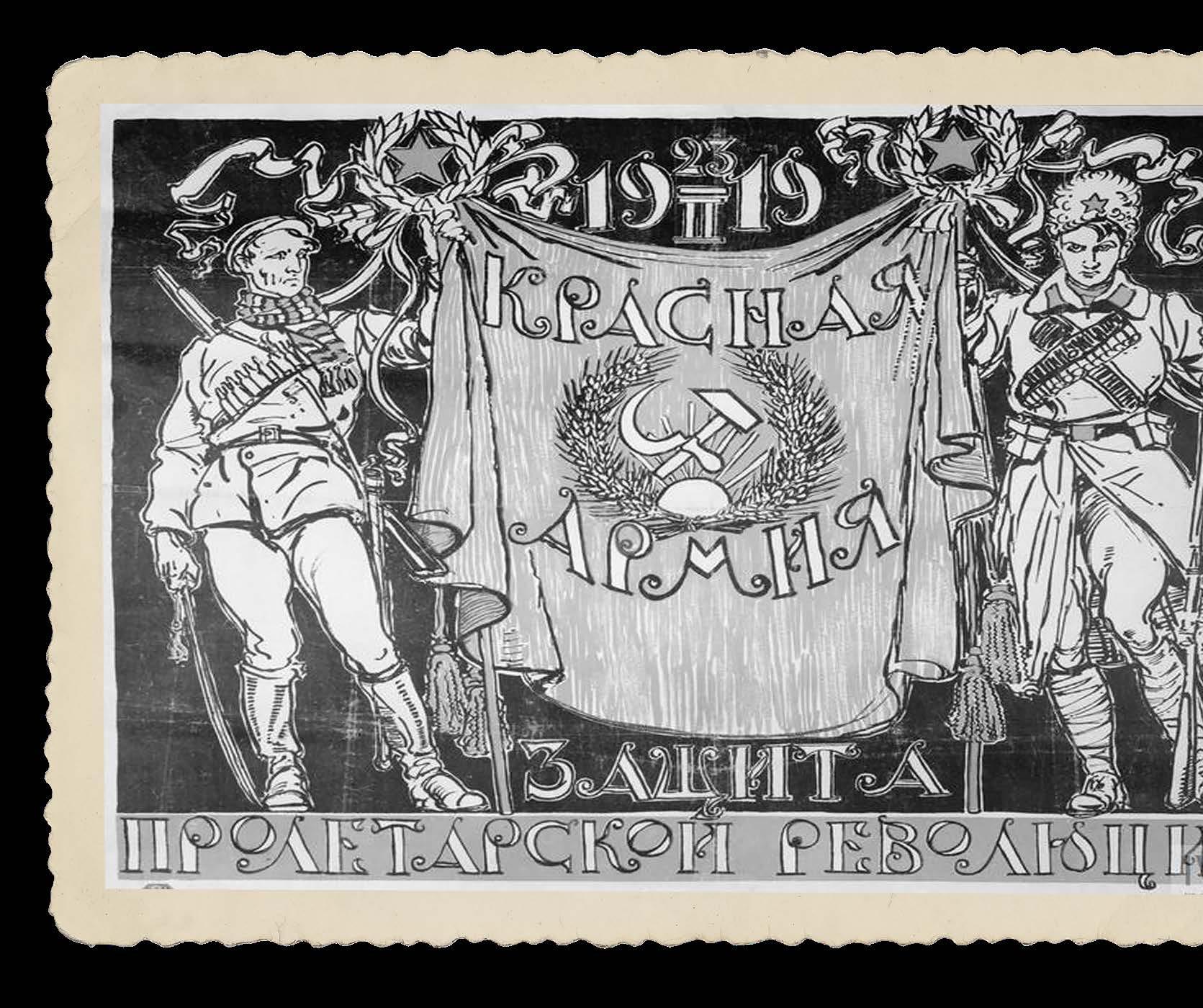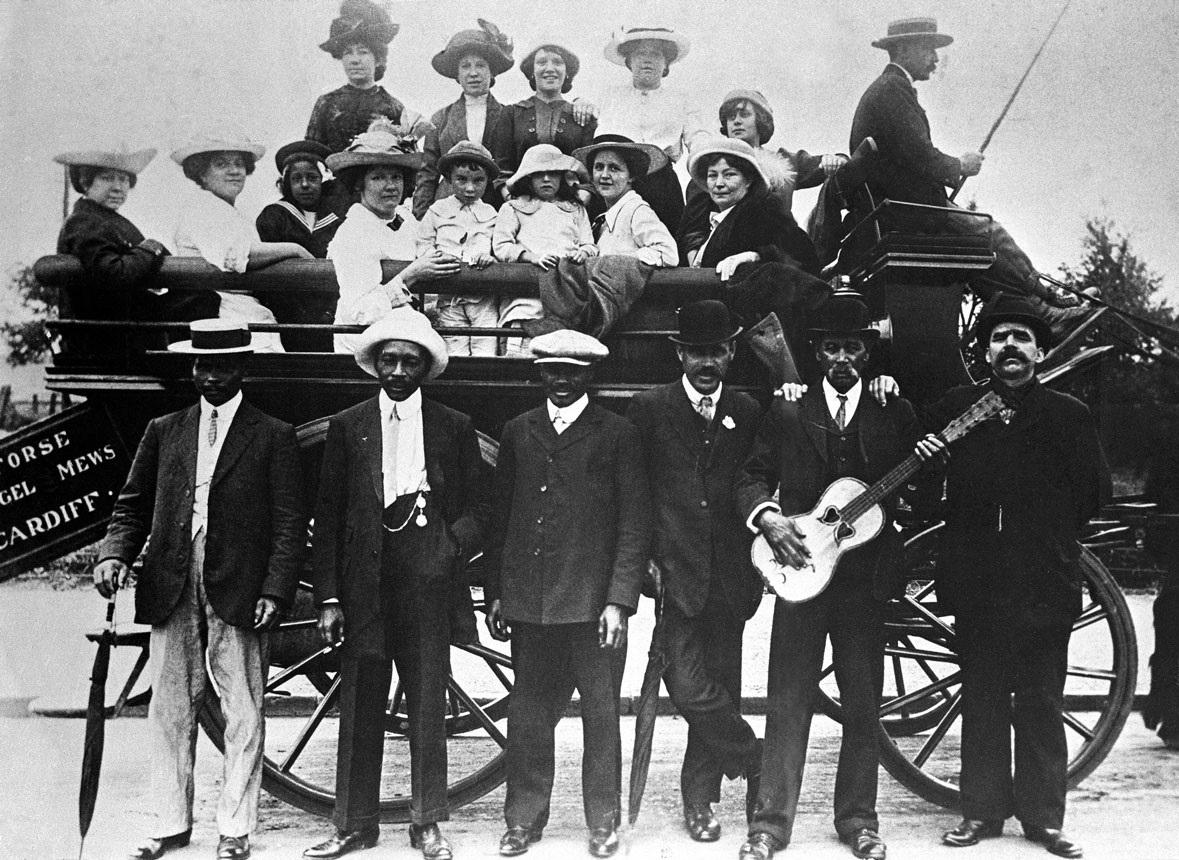
1 minute read
Centenary of the race riots
2019 marked a crucial anniversary in the race relations calendar as Wales remembered the centenary of the 1919 race riots − a poignant part of Welsh history that changed the course of community relations.
Following the end of the First World War race riots broke out in seaports across the UK. These riots were triggered by difficult economic circumstances, particularly around employment and housing. Glasgow was the first to witness violence in January 1919, followed by South Shields in February, with serious levels of violence in London from April to August. In Wales Newport and Barry experienced rioting, while in Cardiff three men were killed as a result of the riots. The riots affected areas like Butetown where there are established Caribbean, Somali and Yemeni communities.
As part of Cymru’n Cofio Wales Remembers 1914-1918, a seminar was held in the Norwegian Church in Cardiff Bay to discuss the history of the riots as well as the longer-term implications. The audience, which included community members and descendants of people directly affected by the riots, was addressed by the First Minister Rt Hon Mark Drakeford AM, Jane Hutt AM, the Deputy Minister and Chief Whip, and Sir Deian Hopkin, Chair of Wales Cymru’n Cofio Wales Remembers. Other speakers included the founder of Windrush Cymru Elders, patrons of Race Council Cymru and Gaynor Legall, Chair of Heritage and Cultural Exchange, the first BME female councillor in Wales. Mrs Uzo Iwobi OBE, Chief Executive of Race Council Cymru, compered the event.

Left: Roath Basin, Cardiff Docks. © Crown copyright: Royal Commission on the Ancient and Historical Monuments of Wales 2020 Right: Butetown residents on an outing in a horse drawn carriage, 1920s © Amgueddfa Cymru – National Museum Wales The First Minister shared his determination that we must learn lessons from the past in order to ensure the future is safeguarded and that never again should such riots occur in any part of Wales. He reinforced the message that Wales, as a nation, is proud of the diversity of its communities, is grateful for the contributions of so many, and is confident that together the legacies of past generations will play a key role in shaping its future.











